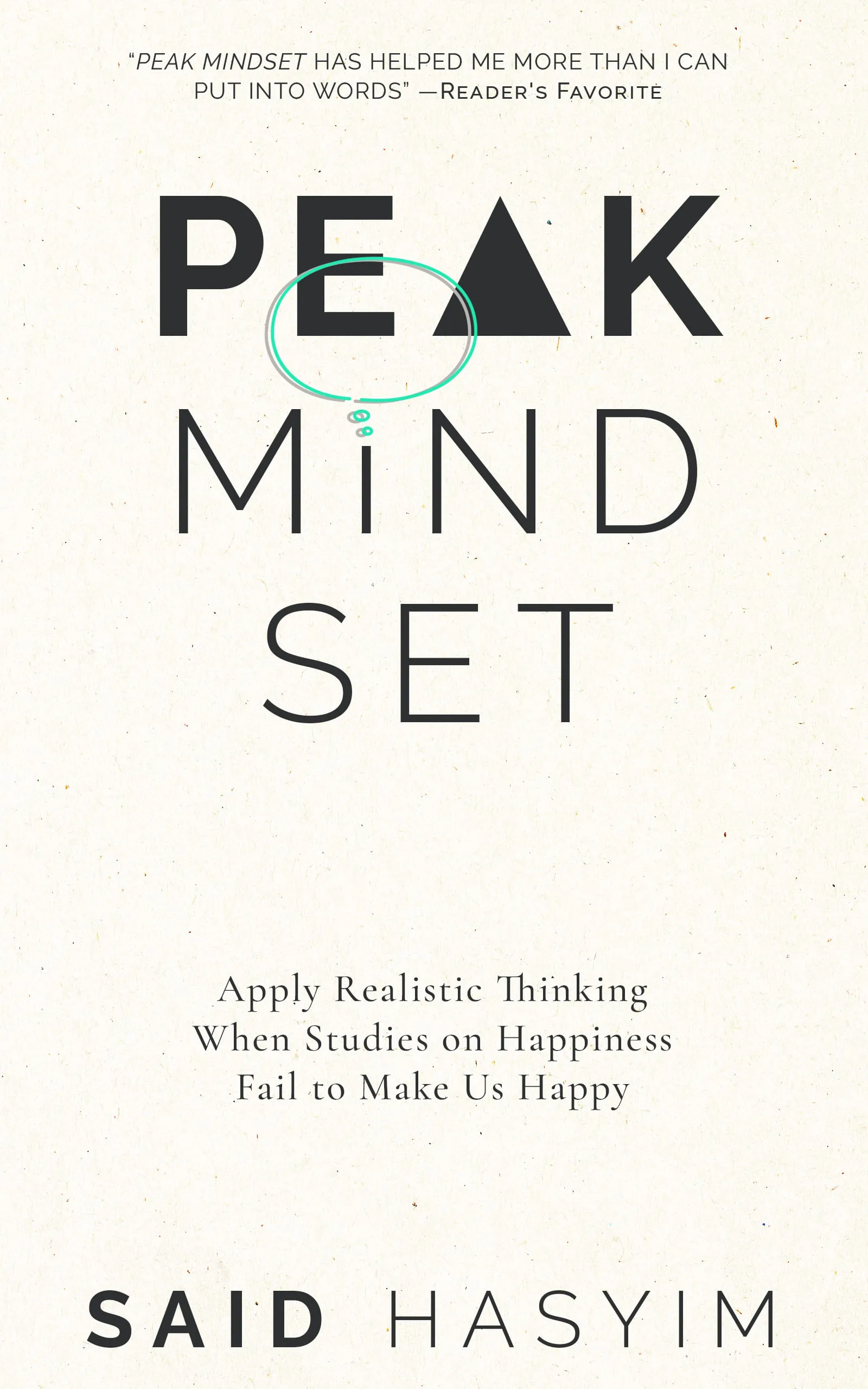The Importance of Realistic Expectations in Life
Life is an intricate journey filled with ups and downs, twists and turns. As we navigate our way through various experiences, it is natural to have desires, goals, and aspirations. However, often these dreams come with an underlying set of expectations. While having hopes can be motivating, the importance of setting realistic expectations cannot be overstated.
In this blog post, we will explore the role of expectations in our lives, the potential pitfalls of unrealistic aspirations, and how cultivating realistic expectations can lead to greater fulfillment and inner peace.
Understanding Expectations
Expectations are beliefs about what is supposed to happen in the future or what an individual believes they 'should' achieve. They can stem from personal desires, societal pressures, or comparisons with others. For instance, you might have high expectations regarding your career, relationships, or personal achievements.
Expectations can serve several functions:
- Motivation: They can drive us to pursue our goals and ambitions.
- Guidance: They can help delineate our path and make decisions about our future.
- Assessment: They can provide a framework for measuring our progress and success.
However, while expectations can be beneficial, they can also become detrimental when they veer into the realm of the unrealistic.
The Dangers of Unrealistic Expectations
1. Disappointment and Frustration
When our expectations are not aligned with reality, it often leads to disappointment. For instance, if you expect to land your dream job immediately after graduation but find yourself struggling to land interviews, the disparity between expectation and reality can contribute to feelings of frustration and inadequacy.
2. Increased Anxiety
Unrealistic expectations can set the stage for anxiety. When you place immense pressure on yourself to achieve something specific—like "I must be in a relationship by 30" or "I should be a millionaire by 40"—the fear of not meeting these goals can become overwhelming. This constant stress can impact your mental health and well-being.
3. Self-Esteem Issues
Expectations often become internalized to the point where they affect our self-esteem. If you fail to meet an unrealistic expectation, it can lead to negative self-talk and feelings of worthlessness. Individuals might think, "I am not good enough" or "I always fail," which can perpetuate a harmful cycle of self-criticism.
4. Strained Relationships
Expectations can also invade our relationships. If you expect your partner to know what you need without communicating it, or if you expect your friends to always support your endeavors, you may find yourself feeling let down when they fail to meet those expectations. This can lead to resentment and strain in relationships.
The Case for Realistic Expectations
1. Enhancing Emotional Resilience
By embracing realistic expectations, we cultivate emotional resilience. When we set 'stretch' goals—ones that are ambitious but achievable—we equip ourselves to handle setbacks better. Knowing that failures are part of the journey can lead to more adaptive coping mechanisms when faced with challenges.
2. Promoting Self-Compassion
Realistic expectations encourage a kinder, more compassionate relationship with ourselves. Instead of harsh self-judgment when we fall short, we start to recognize our humanity and imperfections. Practicing self-compassion fosters a mindset that is patient and understanding during our failures.
3. Cultivating Healthy Relationships
When we engage with our expectations in a realistic manner, it improves our relationships with others. By communicating our needs and being receptive to the limitations of others, we create an environment with less tension. Healthy relationships thrive on understanding, mutual support, and open communication.
4. Unlocking Authenticity
Living in accordance with realistic expectations allows us to align our actions with our values and authentic selves. By recognizing that everyone's journey is unique, we can celebrate our individual progress rather than measuring ourselves against the arbitrary yardsticks set by society or peers.
Tips for Cultivating Realistic Expectations
Set Small, Achievable Goals: Break larger goals into smaller, manageable steps. This method reduces overwhelm and provides a pathway for progress.
Be Flexible: Allow for adjustments in your plans. Life is unpredictable, and embracing change can lead to opportunities you may not have anticipated.
Avoid Comparisons: Refrain from comparing your journey to that of others. Everyone has a unique path, and doing so can lead to feelings of inadequacy.
Practice Mindfulness: Engage in mindfulness practices to maintain awareness of the present moment. This helps you stay focused on your current journey rather than getting lost in expectations about the future.
Seek Feedback: Talk to trusted friends or mentors about your expectations. Their insights can offer a grounded perspective that can help you recalibrate your goals.
Conclusion
Setting realistic expectations is vital for maintaining mental health, fostering healthy relationships, and achieving personal fulfillment. While it's natural to dream big, it's equally important to ground those dreams in the reality that life is often unpredictable. By viewing setbacks as opportunities for growth and embracing the journey with an open heart, we allow ourselves to experience a richer, more meaningful life.
Ultimately, realistic expectations pave the way not just for achieving goals, but for cultivating a sense of inner peace and fulfillment that transcends mere success. Life is not simply about reaching a destination; it’s about learning, growing, and adapting along the way. So, let’s strive for balance—dream big, but ground those dreams in the reality of who we are and the world around us.
Leverage Your Mindset for a Fulfilling Life
Explore Peak Mindset, a book to leveraging your subconscious for a more fulfilling life. Gain insights into realistic thinking, money management, and stress resilience to make informed decisions. Discover pitfalls in conventional happiness advice and practical strategies for self-transformation. Unlock your potential and enhance your overall satisfaction.
